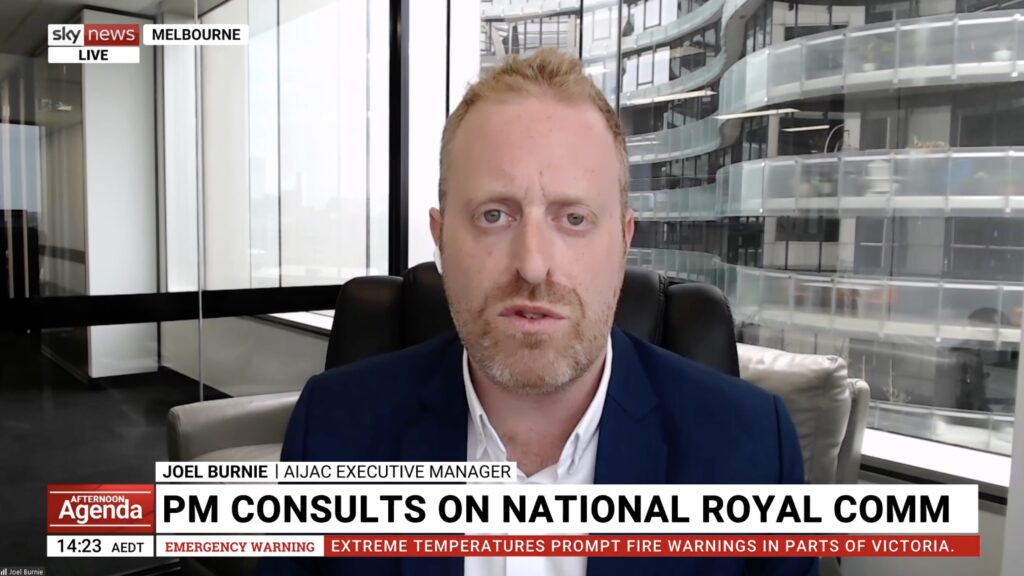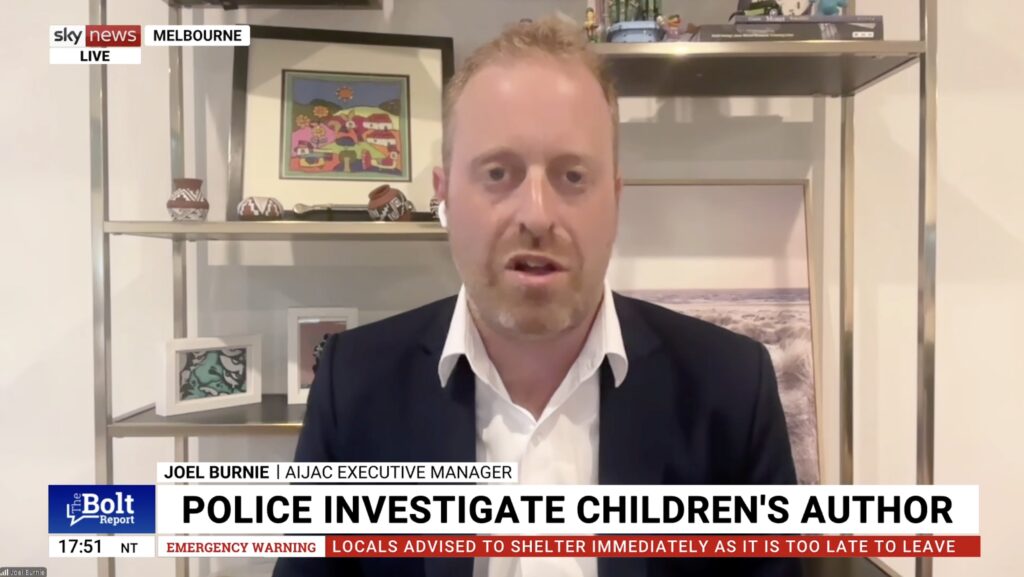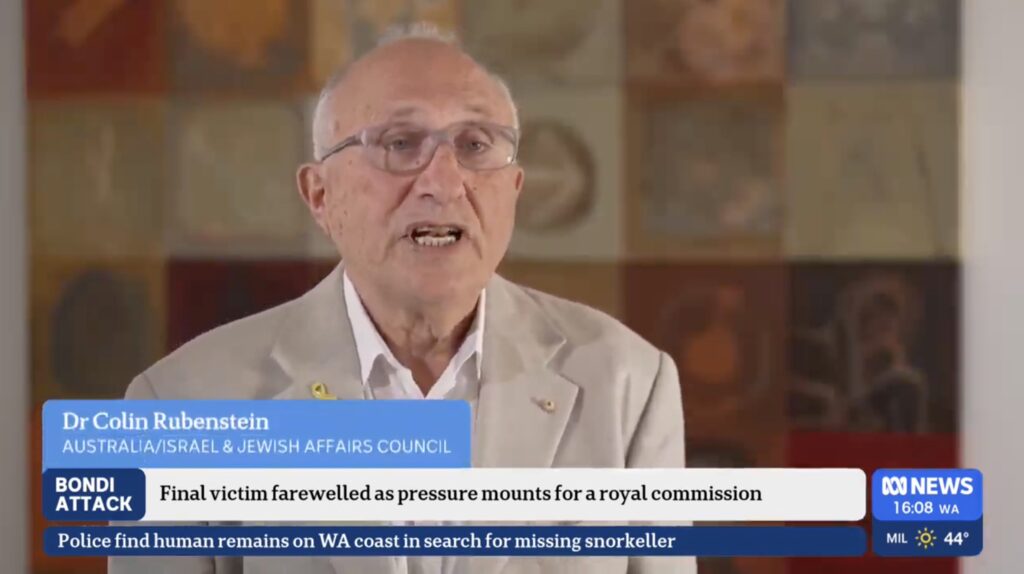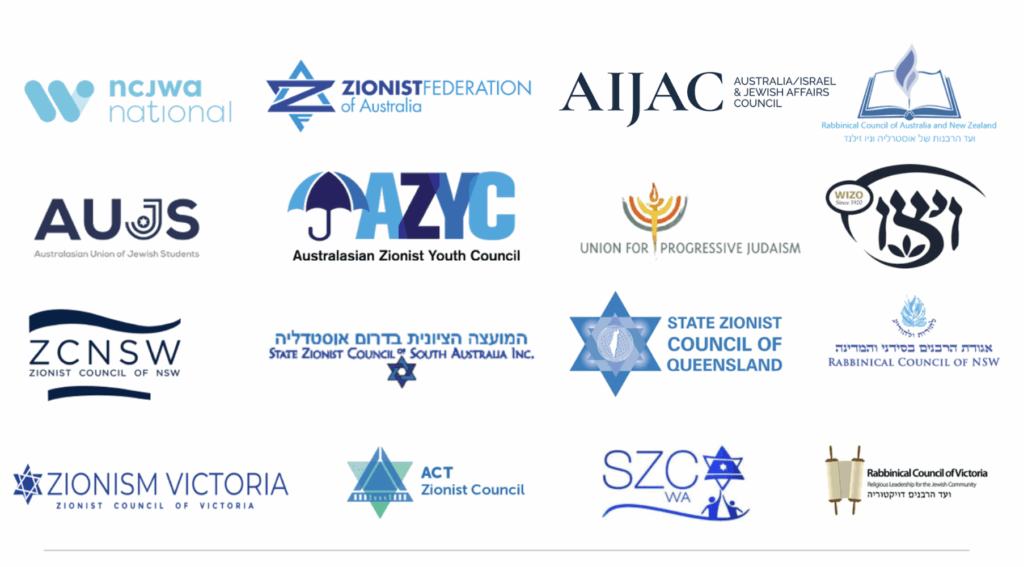IN THE MEDIA
The US must reverse image of defeat and turn eyes towards Iran
September 2, 2021 | Colin Rubenstein
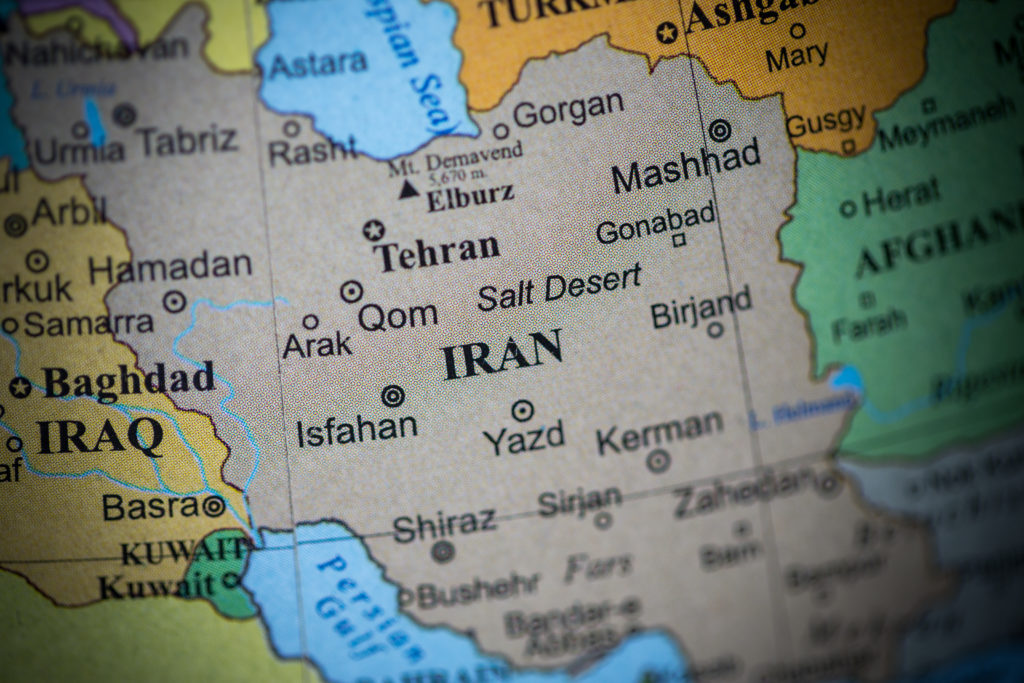
An edited version of this article was published in the West Australian – 2 September 2021
The rapid collapse of the Afghan security forces and the chaotic, humanitarian disaster left in the wake of the withdrawal of US and allied military forces from Afghanistan, will have far-ranging effects.
A powerful image has been created of victory for the Islamist fundamentalist Taliban over Western power, culture and values – which is likely to lead to explosive growth in Islamist violence, terrorism and extremism over coming years.
More than just a sign of catastrophic operational failures, this image is a powerful recruitment tool for anti-Western jihadists, a narrative of America fleeing, declining and lacking resolve.
Indeed, the Kabul bombings of August 26 killing 13 US soldiers and up to 170 Afghan civilians, signal the war on terror is far from over, just moving to a new and dangerous phase.
The US Administration needs to reverse this narrative of defeat and decline and rehabilitate both its standing with its allies and its reputation and credibility as a superpower.
An important place to start, from a matter of sound policy and urgency, must be a toughening of Washington’s handling of Iran in all aspects – its nuclear threat; its human rights violations; and its destabilising behaviour and state-sponsored terror in the region through its proxies and clients such as Lebanon’s Hezbollah, Palestinian Hamas and Islamic Jihad, and Yemen’s Houthis.
As promised, the Biden Administration has negotiated in good faith to remove sanctions in return for an end to Iran’s violations of the 2015 nuclear deal – also known as the Joint Comprehensive Plan of Action (JCPOA) – and sought to lengthen and strengthen the agreement in light of developments since 2015.
Unfortunately, these US overtures were met with stonewalling by Iranian negotiators under former President Hassan Rouhani, a strategy that is bound to continue under his successor, ultra-hardline President Ebrahim Raisi.
Raisi – installed in a sham of an election – was once responsible for the execution of thousands of political dissidents in the 1980s. Today, his cabinet resembles a rogues’ gallery. For instance, Foreign Minister Hossein Amirabdollahian is known for his close ties to the Islamic Revolutionary Guard Corps (IRGC) and Hezbollah, while Interior Minister Gen. Ahmad Vahidi is wanted by Interpol over his suspected involvement in the 1994 bombing of the AMIA Jewish centre in Buenos Aires.
Under such leadership, Iran is clearly not preparing for compromise and détente. It’s digging in as a nuclear threshold power with the option to weaponise on short notice. Indeed, a crisis point has been reached on the Iran nuclear file.
The International Atomic Energy Agency (IAEA)recently reported that Iran had produced enriched uranium metal, a material that can be used to build the core of a nuclear bomb, and increased its production of 60% highly enriched uranium. On Aug. 6, Israel’s Defence Minister Benny Gantz said Iran had amassed enough nuclear material to build a nuclear weapon within ten weeks, if it wished.
While Iran’s violations of the JCPOA continue to mount, many analysts now believe Iran’s decision-makers, fronted by Raisi, have already decided they do not want or need a new nuclear deal.
The Biden Administration needs to look at the range of tools at its disposal to increase pressure on Iran. It should begin by encouraging the IAEA’s Board of Governors to pass a resolution this September calling on Iran to cease blocking many IAEA inspections and demand the cessation of Iran’s numerous threatening nuclear steps in clear violation of the Nuclear Non-Proliferation Treaty, as well as the JCPOA.
To put some weight behind the resolution, the United States and its partners should be prepared to restore UN Security Council sanctions resolutions on Iran lifted by the 2015 nuclear deal.
Such robust action would illustrate how, despite the damage caused by the fall of Kabul, the US is rethinking its approach, in reviewing and renewing its relationships and alliances across the region to help prevent a resurgence of Islamist terror. This requires also impeding Iran’s conventional and nuclear military ambitions.
Indeed, signs of this rethinking were expressed by President Biden in last Friday’s meeting with Israel’s Prime Minister Naftali Bennett. The White House is apparently not optimistic now about achieving a return to the JCPOA, and Biden said Iran will “never” get a nuclear weapon and that, while he prefers a diplomatic solution, stressed there are “other options” should that fail.
As the US continues to shrink its military footprint in the Middle East and south and central Asia, last year’s Abraham Accords, which created peace and normal relations between Israel and four Arab nations, have reshaped the contours of potential growing regional alliances against extremism. Israel is now included openly in such a moderate grouping, not just tacitly.
If Washington recalibrates its policies more astutely, America’s military disengagement from the region can be at least gradually transformed into an opportunity for Middle East cooperation between these moderate actors based on shared interests. Such a US-backed alliance would likely bring both peace dividends and effective deterrence against rogue actors like Iran and the Taliban.
Dr. Colin Rubenstein is Executive Director of the Australia/Israel & Jewish Affairs Council.
Tags: Afghanistan/ Pakistan, Iran, United States

